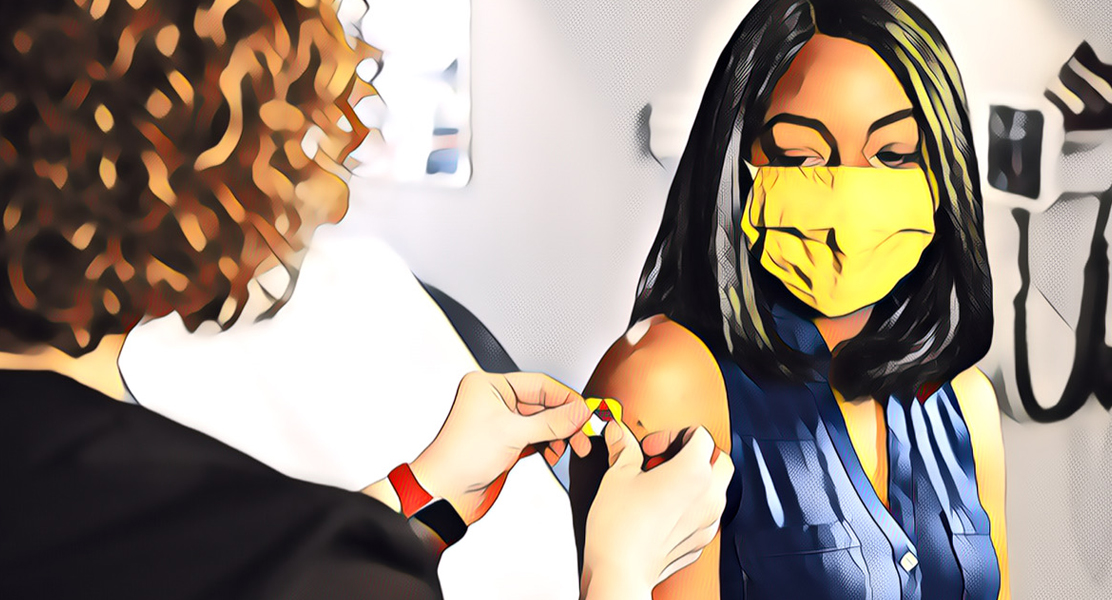Vaccine exemption roundup: Cases winding through courts address claims for religious exemption from vaccine mandates

As more and more public institutions and private employers are requiring students and employees to receive full COVID-19 vaccinations, claims from individuals seeking a religious exemption are also on the rise. Each dispute is unique, from the beliefs of the plaintiff and the specific language in the mandate or exemption policy in question to the actions of officials and the state laws that govern them.
Here is a roundup of recent developments in cases across the country:
*A federal court has ordered Western Michigan University to grant religious exemptions to four members of the women’s soccer team from the school’s vaccine mandate for student athletes. While the WMU mandate provides for religious exemptions, the requests of the students in this case were denied. The court concluded that a temporary restraining order is appropriate because the university is unlikely to establish that denying the requests is the least restrictive way to address their interest in protecting the unvaccinated players.
In the order, the court pointed to the lack of a vaccine requirement for students not participating in athletics and the approach of other Michigan universities as a comparison:
WMU must explain why the decision to remove the unvaccinated players from intercollegiate competition is narrowly tailored. Plaintiffs contend that WMU does not require all students to be vaccinated. Plaintiffs contend that WMU permits unvaccinated students to participate in intramural sports and eat in cafeterias. And, while the University of Michigan and Michigan State University require students to be vaccinated, those who are granted religious exemptions must undergo weekly testing and must wear face coverings.
The court will hold a hearing on September 9 to consider the university’s response.
*Likewise, a federal court in Louisiana barred a state medical college from requiring the vaccine of certain students requesting a religious exemption. The court found that state law explicitly allows for exemptions from vaccine requirements in the absence of a recommendation by the state’s Office of Public Health, which is lacking here. The court also found the school’s policies violate state religious freedom laws because restrictions placed on unvaccinated students receiving a vaccine are not likely narrowly tailored to achieve the state’s compelling interest.
*Meanwhile, a federal judge upheld a decision by University of Massachusetts officials to deny the religious exemption request of a student who filed a claim alleging, among other things, a violation of her First Amendment right to freely exercise her religion. The official investigated the student’s request and determined that no tenet of her Roman Catholic faith prohibits her from receiving the COVID-19 vaccine, emphasizing that given the opportunity to supplement her request with additional information about her religious beliefs, she “chose not to do so.”
From the order:
UMass is under no constitutional obligation to offer a religious exemption to its Vaccine Requirement. Certainly, once the university offers religious exemptions, it must not administer them in an unconstitutional way. Here, however, Cluett has not alleged anything to suggest that Defendants have administered their religious exemption policy in a way that burdens some religions but not others, or that Defendants have coerced her in her religious practices.
*In Maine, a complaint filed by more than 2,000 anonymous health care workers challenges an order by the governor that all health care workers must be vaccinated. The plaintiffs, who object because of the “connection between the various COVID-19 vaccines and the cell lines of aborted fetuses,” argue that the lack of a religious exemption violates their free exercise rights under the First Amendment. They claim they are willing to take other reasonable protective measures such as masks, testing, and symptom reporting.
These cases appear to pit a fundamental interest of the state in furthering public health against the right of individuals to express and reflect their sincere religious beliefs. A close review of these and similar cases, however, demonstrates the importance of each case’s factual details to the outcome.
More cases and appeals are sure to come as vaccine mandates widen. If these early disputes are any indication, the outcomes are likely to be as diverse as the situations they resolve.




